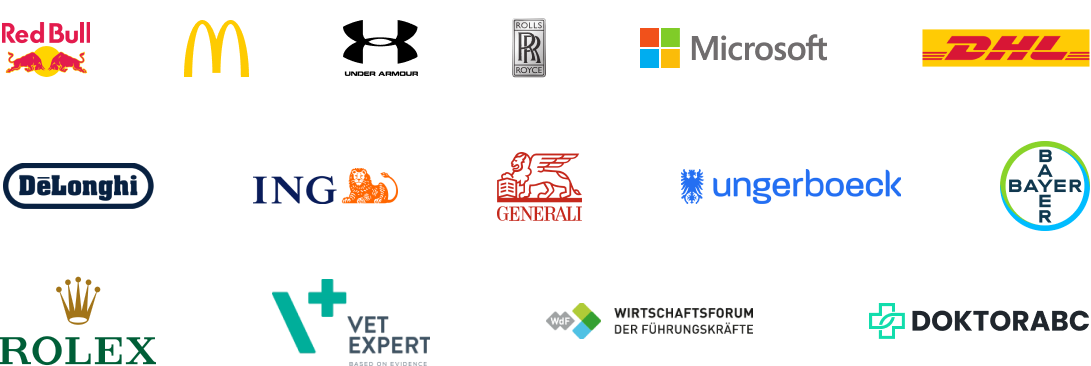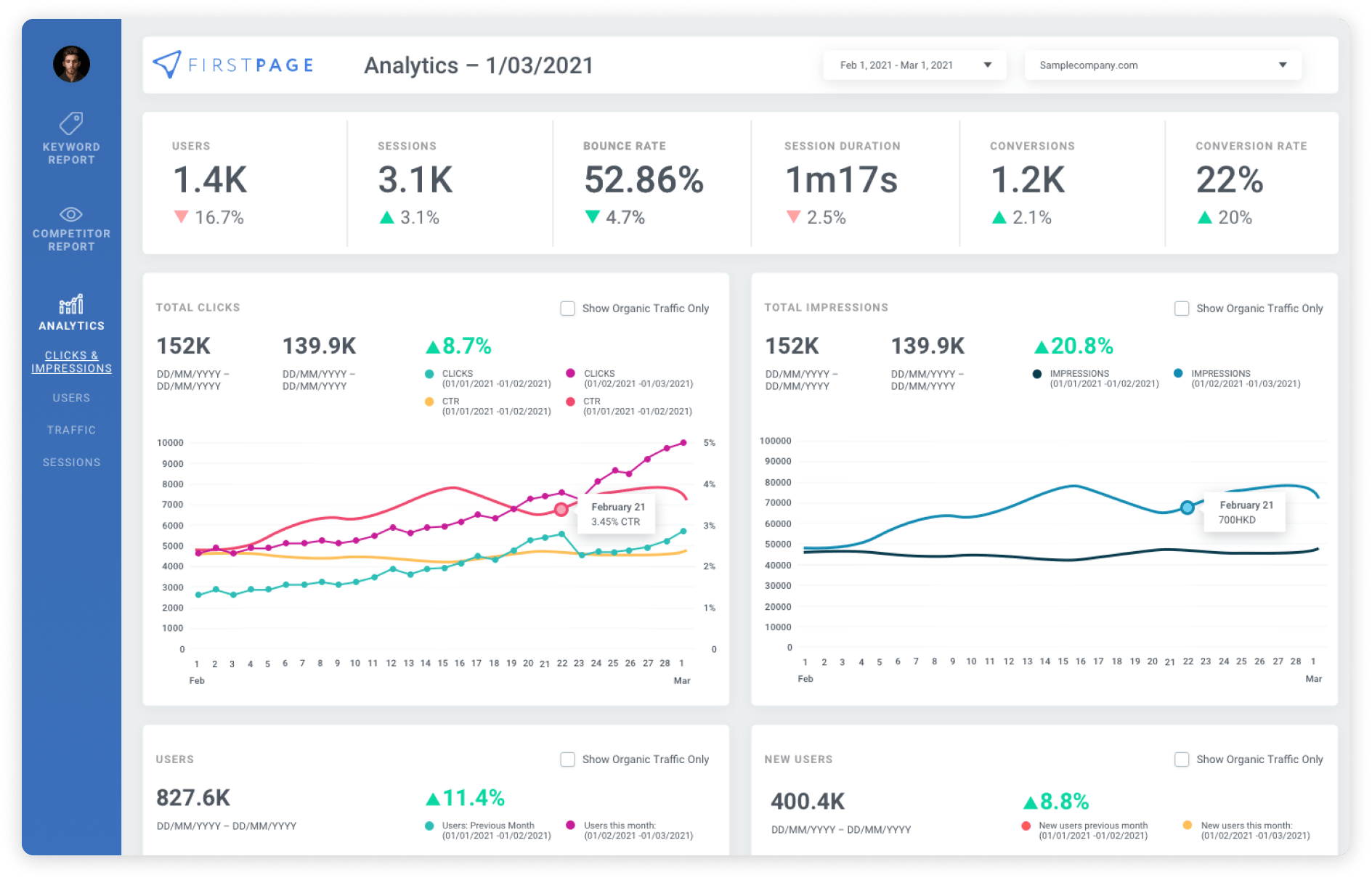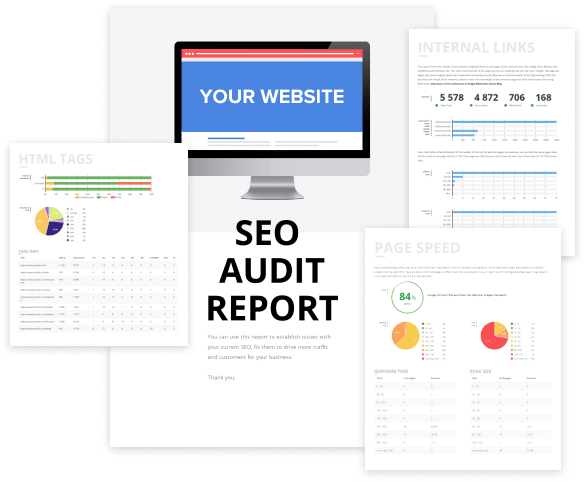From start-ups to Fortune 500 companies, we work with brands to grow their revenue.


Attract local customers and boost your sales with tailored local SEO

Local SEO is the secret sauce that can take your business from ordinary to extraordinary. By optimizing your website and online presence for local searches, you can attract more customers and boost sales in no time. With local SEO, you gain the ability to precisely target people in your area who are actively searching for the products or services you offer. By ensuring that your business appears at the top of local search results, you can get the attention of potential customers and stand out from your competitors!
But it’s not just about appearing at the top of search results. Local SEO also helps you reach new customers in new areas. Because you’re doing the work to localize your SEO, they’re going to see you as a trusted local brand no matter where they are and that leads to more sales.
In addition to attracting new customers, local SEO can also help you retain existing ones. By engaging with your customers through online reviews and social media, you can build relationships and loyalty with your audience, which can lead to repeat business and referrals.
In short, local SEO is a must-have for any business that wants to succeed in today’s digital world. By optimizing your online presence for localized searches, you can attract more customers, boost sales, and build a strong and loyal customer base!





)
)








